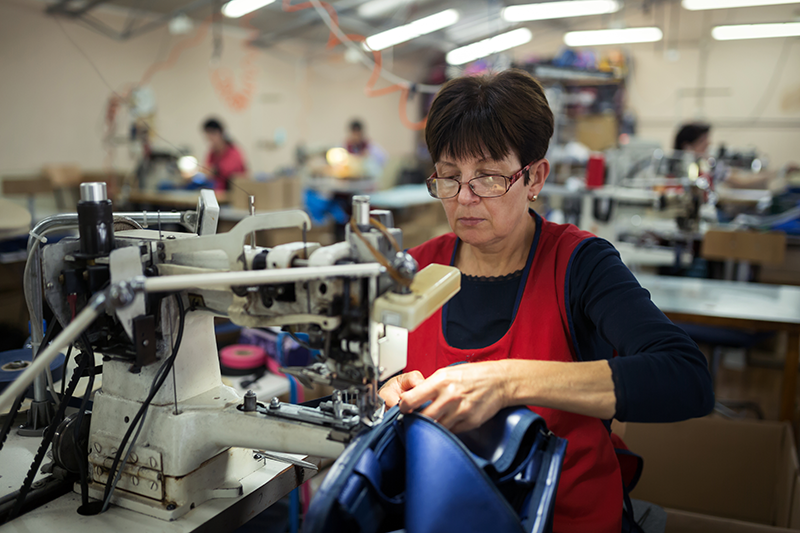EU context
Le socle européen des droits sociaux fixe les engagements de l’UE en ce qui concerne les salaires: le droit des travailleurs à un salaire juste permettant un niveau de vie décent; la garantie de salaires minimaux appropriés; la prévention du phénomène des travailleurs pauvres.
Études d’Eurofound
Eurofound établit régulièrement des rapports sur différents aspects de la rémunération et du revenu en tenant compte de l’évolution de la conjoncture économique en Europe.
Suivi de l’évolution de la rémunération
Par l’intermédiaire de son Observatoire européen de la vie active (EurWORK), Eurofound rassemble de nombreuses informations sur la rémunération. La nature régulière de ces rapports donne lieu à de nombreuses observations sur les rémunérations fixées par convention collective, de sorte que leur évolution peut être suivie. Eurofound publie régulièrement des rapports sur les salaires minimaux légaux et les rémunérations fixées par convention collective. Elle suit également les évolutions, au niveau national, concernant les mécanismes de fixation des salaires, l’égalité salariale, la rémunération variable, la faible rémunération et les écarts de rémunération entre les femmes et les hommes.
Les profils nationaux sur la vie active contiennent des informations sur la rémunération au niveau national et font l’objet de mises à jour régulières. EurWORK gère une base de données sur la rémunération.
L’Observatoire européen de l’emploi (EJM) d’Eurofound évalue les changements observés dans l’emploi par profession, à l’aune de divers indicateurs qualitatifs, dont la rémunération. En particulier, il aide à mieux comprendre le phénomène de la polarisation de l’emploi, c’est-à-dire la mesure dans laquelle la croissance de l’emploi est susceptible d’être plus élevée parmi les postes à haute et à faible rémunération que parmi les postes à rémunération moyenne.
Enquêtes
Eurofound mène également des enquêtes pour suivre l’évolution des conditions de rémunération dans l’UE. La rémunération est une donnée essentielle des études réalisées par Eurofound pour évaluer la qualité du travail. Dans l’enquête européenne sur les conditions de travail (EWCS), la rémunération est l’un des sept indices de qualité du travail. L’EWCS fait également le point sur les écarts de rémunération entre les femmes et les hommes. Découvrez l’ outil interactif de visualisation des données de l’EWCS
L’enquête européenne sur la qualité de vie (EQLS) observe l’incidence du revenu sur le niveau de vie et la mesure dans laquelle les inégalités de revenu sont liées à la cohésion sociale et au bien-être. Elle analyse comment la crise a touché les familles, en accordant une attention particulière aux familles à bas revenu, à l’endettement des ménages et aux groupes exposés au risque de pauvreté. L’EQLS rassemble également des informations sur le revenu à la retraite et sur les possibilités de prolonger la vie active. Découvrez l’ outil interactif de visualisation des données de l’EQLS
L’enquête sur les entreprises en Europe (ECS) rend compte de l’utilisation de régimes de rémunération variable dans les entreprises, ainsi que de la couverture des employés de ces entreprises par des conventions collectives. L’enquête permet d’établir des liens entre les informations sur la rémunération variable et la négociation salariale et celles qui concernent l’organisation du travail, la gestion des ressources humaines, la participation directe des employés et le dialogue social, ainsi que le rendement et le bien-être au travail.





























